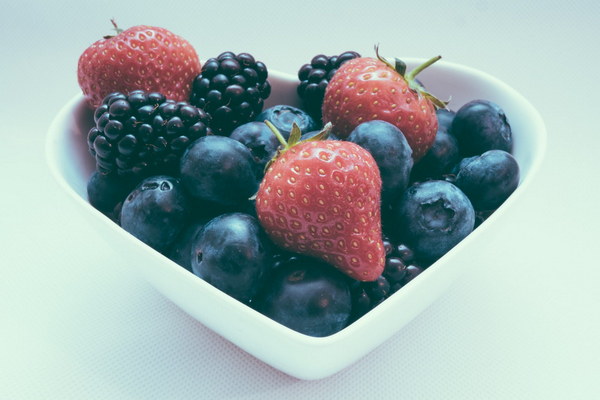Nourishing the Mind and Body A Comprehensive Guide to Student Nutrition
In today's fast-paced world, students face numerous challenges, both academically and physically. One of the most crucial aspects that can significantly impact their overall well-being is nutrition. Proper student nutrition not only aids in physical growth and development but also enhances cognitive functions, improving their ability to learn and concentrate. This article aims to provide a comprehensive guide to student nutrition, focusing on essential nutrients, meal planning, and healthy eating habits.
1. Importance of Nutrition for Students
Nutrition plays a vital role in a student's life. Adequate nutrition ensures:
- Physical growth and development
- Improved cognitive functions
- Enhanced mood and mental well-being
- Better academic performance
- Increased energy levels
- Strengthened immune system
2. Essential Nutrients for Students
To maintain a healthy lifestyle, students should consume a balanced diet that includes the following essential nutrients:
- Carbohydrates: The primary source of energy for the body, including whole grains, fruits, and vegetables.
- Proteins: Essential for muscle development and repair, found in lean meats, fish, eggs, dairy products, legumes, and nuts.
- Fats: Important for brain function and overall health, including healthy fats found in avocados, nuts, seeds, and olive oil.
- Vitamins and minerals: Essential for growth, development, and maintaining bodily functions, found in a variety of fruits, vegetables, whole grains, and dairy products.
3. Meal Planning for Students
A well-planned meal helps students meet their nutritional needs and maintain a healthy lifestyle. Here are some tips for effective meal planning:
- Breakfast: A healthy breakfast provides energy and improves cognitive functions. Include a combination of whole grains, proteins, and fruits, such as a bowl of oatmeal with nuts and berries or a whole-grain toast with avocado and eggs.
- Lunch: Opt for a balanced meal that includes a variety of foods, such as a sandwich with lean proteins, whole-grain bread, and vegetables or a salad with grilled chicken, mixed greens, and a variety of vegetables.
- Snacks: Snacks should be healthy and provide energy without causing an energy crash. Consider options like yogurt, fruit, nuts, or a handful of whole-grain crackers.
- Dinner: Focus on a variety of vegetables, whole grains, and lean proteins, such as a stir-fry with tofu and mixed vegetables over brown rice or a grilled salmon salad with quinoa.
4. Healthy Eating Habits

To ensure proper nutrition, students should develop healthy eating habits:
- Avoid processed foods and sugary snacks, as they can cause energy spikes and crashes.
- Stay hydrated by drinking plenty of water throughout the day.
- Listen to your body's hunger and fullness cues to avoid overeating or undereating.
- Plan and prepare meals in advance to ensure you have healthy options available when you are busy.
- Include a variety of foods in your diet to ensure you receive a wide range of essential nutrients.
5. Conclusion
Proper nutrition is essential for students to achieve their full potential academically and physically. By focusing on a balanced diet, meal planning, and healthy eating habits, students can improve their overall well-being and enhance their ability to learn. Remember, a healthy body leads to a healthy mind, and a healthy mind leads to success in all aspects of life.









